Home>Garden Essentials>How Long For Delphinium To Germinate
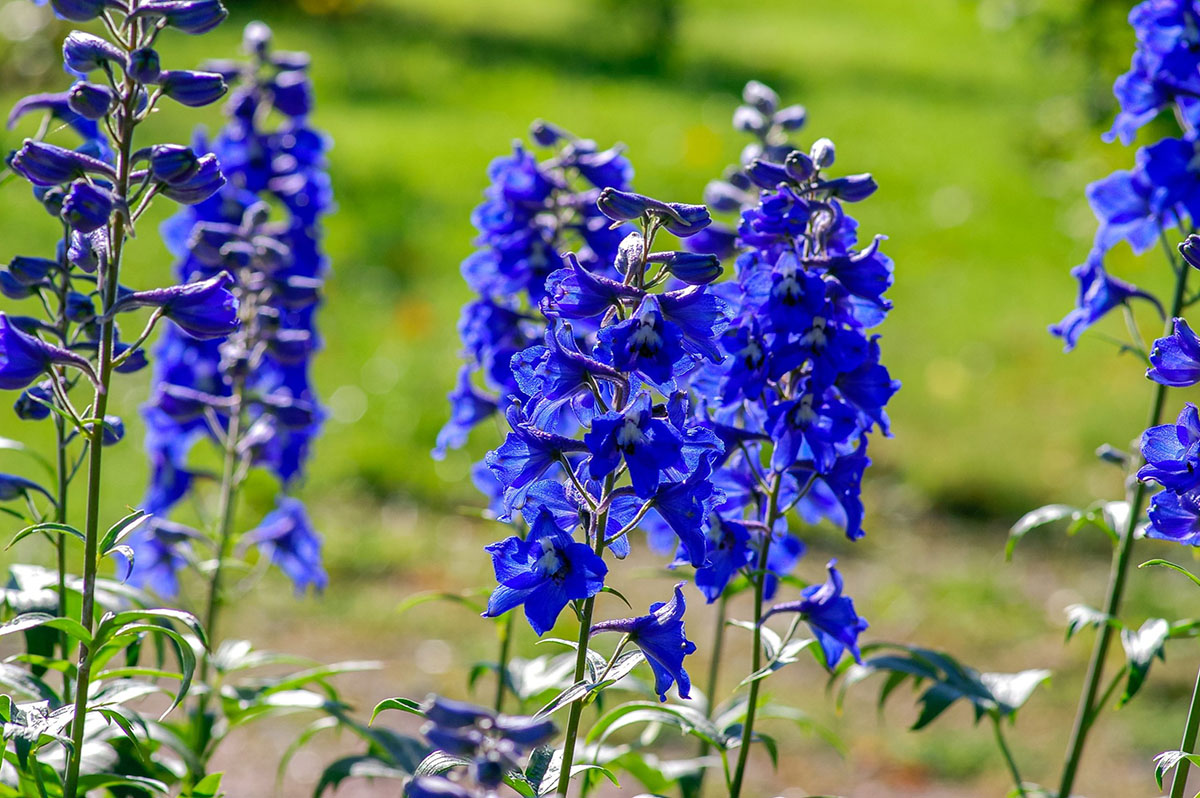

Garden Essentials
How Long For Delphinium To Germinate
Modified: March 24, 2024
Discover how long it takes for Delphinium to germinate in your garden and unlock tips for successful seed sprouting.
(Many of the links in this article redirect to a specific reviewed product. Your purchase of these products through affiliate links helps to generate commission for Storables.com, at no extra cost. Learn more)
Introduction
Welcome to the fascinating world of delphiniums! Whether you’re an experienced gardener or just starting out, delphiniums can add a touch of elegance and beauty to any garden. However, before you can enjoy the stunning display of their vibrant flowers, you need to understand the germination process of delphinium seeds.
Delphiniums are perennial flowering plants that belong to the Ranunculaceae family. They are known for their tall spires of flowers in various colors, including shades of blue, purple, pink, and white. Delphiniums are a popular choice among garden enthusiasts due to their striking visual appeal and ability to attract butterflies and hummingbirds.
Germination is the process by which a seed develops into a new plant. Understanding the factors that affect delphinium germination and implementing effective germination techniques are essential for successful cultivation. In this article, we will dive deeper into the germination of delphinium seeds, providing helpful tips and insights along the way.
Key Takeaways:
- Delphinium seeds take 14 to 30 days to germinate. Factors like temperature, moisture, and light affect germination time. Patience and proper care are key for successful delphinium germination.
- To improve delphinium seed germination, use techniques like stratification, scarification, and pre-soaking. Choose high-quality seeds and provide optimal conditions for successful germination.
Read more: How Long To Germinate Passiflora
Factors Affecting Delphinium Germination
Several factors play a crucial role in the germination of delphinium seeds. By understanding and addressing these factors, you can significantly increase your chances of successful germination and healthy plant growth. Let’s explore the key factors affecting delphinium germination:
- Temperature: Delphinium seeds require a specific temperature range for optimal germination. Ideally, the soil temperature should be around 60 to 65 degrees Fahrenheit (15 to 18 degrees Celsius). This temperature range provides the right conditions to break seed dormancy and initiate the germination process.
- Moisture: Adequate moisture is essential for delphinium seed germination. The seeds should be planted in well-draining soil that retains moisture without becoming waterlogged. Consistent watering is crucial during the germination period to keep the soil evenly moist, but not overly saturated.
- Light: Delphinium seeds require light for germination. Unlike some other seeds that need darkness, delphinium seeds depend on light to trigger the germination process. It’s recommended to surface-sow the seeds, gently pressing them into the soil without covering them completely.
- Soil Quality: Good soil quality is essential for the successful germination of delphinium seeds. The soil should be well-draining, loamy, and rich in organic matter. Before planting, it’s beneficial to amend the soil with compost or well-rotted manure to improve its texture and fertility.
- Seed Dormancy: Delphinium seeds may have a natural dormancy mechanism that prevents them from germinating immediately after sowing. This dormancy can be overcome by a process called stratification. Stratification involves subjecting the seeds to a period of cold and moist conditions, simulating winter, before planting. This process breaks seed dormancy and improves germination rates.
- Seed Viability: The quality and viability of the seeds also play a role in germination success. It’s important to obtain fresh, high-quality delphinium seeds from reputable sources. Older seeds or those exposed to unfavorable storage conditions may have reduced viability and lower germination rates.
By considering these factors and making appropriate adjustments, you can create the optimal conditions for delphinium seed germination. This sets the stage for healthy growth and a flourishing delphinium garden.
Germination Time for Delphinium Seeds
The germination time for delphinium seeds can vary depending on various factors, including seed quality, environmental conditions, and germination techniques employed. Generally, delphinium seeds take anywhere from 14 to 30 days to germinate under ideal conditions.
It’s important to note that delphinium seeds have a natural dormancy mechanism that can affect germination time. This dormancy helps protect the seeds from germinating prematurely during unfavorable conditions. To break seed dormancy and promote germination, stratification is often recommended.
Stratification involves exposing the delphinium seeds to a period of cold and moist conditions, mimicking the natural winter environment. This process typically takes around two to four weeks and helps prepare the seeds for germination. After the stratification period, the seeds can be sown and should start germinating within a few weeks.
However, it’s essential to keep in mind that not all delphinium seeds will germinate at the same time. Germination can be staggered, meaning that some seeds may sprout earlier, while others may take longer. This is a natural process and should not be a cause for concern.
Additionally, the germination time can also be influenced by the environmental conditions provided. Optimal soil temperature, consistent moisture, and sufficient light exposure are crucial for promoting faster and more uniform germination.
Keep in mind that delphinium seeds are relatively small and require light for germination. Therefore, it’s important to surface-sow the seeds, ensuring they have adequate exposure to light. Gently press the seeds into the soil, but avoid covering them completely as this can hinder germination.
By providing the ideal conditions, including appropriate temperature, moisture, and light, and following the recommended germination techniques, you can help expedite the germination process and enjoy the sight of delicate delphinium seedlings emerging from the soil.
Delphinium seeds usually germinate within 14-21 days when sown in well-draining soil and kept consistently moist. Providing bottom heat can help speed up the germination process.
Germination Techniques for Delphinium Seeds
To improve the germination rate and success of delphinium seeds, several techniques can be employed. These techniques aim to create the optimal conditions for seed germination and help overcome the natural dormancy of the seeds. Let’s explore some effective germination techniques for delphinium seeds:
- Stratification: As mentioned earlier, stratification is a valuable technique for breaking seed dormancy. To stratify delphinium seeds, place them in a moist medium, such as damp paper towels or vermiculite, and refrigerate them for about two to four weeks. This cold stratification process mimics the winter conditions that the seeds would naturally experience, promoting more consistent and successful germination.
- Scarification: Some delphinium seeds have hard protective coatings that can inhibit germination. Scarification is the process of breaking or thinning the seed coat to improve germination rates. This can be done by gently rubbing the seeds with sandpaper or nicking them with a sharp knife. However, exercise caution to avoid damaging the delicate embryo inside the seed.
- Pre-soaking: Another technique to enhance germination is pre-soaking the delphinium seeds before planting. Soaking the seeds in water for 24-48 hours can help soften the seed coat and encourage quicker germination. However, be mindful of not soaking the seeds for too long, as it can lead to seed rot or fungal issues.
- Seedling trays: Using seedling trays or pots can provide a controlled environment for germination. Fill the trays with a well-draining germination mix, and sow the delphinium seeds on the surface. Lightly press the seeds into the soil, ensuring good contact without burying them. Place the trays in a warm and well-lit area, keeping the soil evenly moist. Once the seedlings have developed a few sets of true leaves, they can be transplanted into individual pots or the garden bed.
- Greenhouse or cold frame: If you have access to a greenhouse or a cold frame, consider starting your delphinium seeds in this protected environment. The controlled temperature and moisture levels can promote faster and more successful germination. Once the seedlings are well-established, they can be hardened off and transplanted into the garden.
These germination techniques can significantly improve the chances of successful delphinium seed germination and give your plants a strong start. Experiment with different methods to find the one that works best for you and your garden.
Tips for Successful Delphinium Germination
Delphiniums can be a bit challenging to germinate, but with the right approach and attention to detail, you can increase your chances of successful germination. Here are some tips to help you achieve successful delphinium germination:
- Start with high-quality seeds: Choose fresh, high-quality delphinium seeds from a reputable supplier. Fresh seeds have a higher germination rate compared to older ones, increasing your chances of success.
- Follow stratification guidelines: If the delphinium seed variety you’re planting requires stratification, carefully follow the recommended stratification process. This step is crucial for breaking seed dormancy and promoting germination.
- Provide optimal lighting: Delphinium seeds require light for germination. Surface-sow the seeds and lightly press them into the soil, ensuring they have adequate exposure to light. Avoid burying the seeds too deep, as it can hinder germination.
- Maintain proper soil moisture: Keep the soil consistently moist but not waterlogged. Overwatering can lead to seed rot or fungal issues. Use a spray bottle or gentle watering to keep the soil moist during the germination period.
- Optimize temperature conditions: Delphinium seeds prefer a soil temperature between 60 to 65 degrees Fahrenheit (15 to 18 degrees Celsius) for optimal germination. Consider using a seedling heat mat or placing the planting tray in a warm location to maintain the ideal temperature.
- Ensure good soil drainage: Delphiniums prefer well-draining soil. Amend the soil with organic matter, such as compost or aged manure, to improve drainage. Avoid compacted soil, as it can hinder seedling emergence.
- Plant at the appropriate depth: Delphinium seeds do not require deep planting. Lightly press the seeds into the soil surface or cover them with a thin layer of vermiculite. This ensures they have proper access to light and can germinate effectively.
- Monitor for pests and diseases: Keep a watchful eye for common garden pests and diseases that can affect seedlings. Protect the young delphinium plants from slugs, snails, and damping-off disease by implementing appropriate preventive measures.
- Be patient and give it time: Germination can take some time, so be patient and allow the seeds to develop at their own pace. Delphinium seeds may germinate at different times, so don’t be discouraged if you see variations in germination rates.
- Transplant carefully: Once the delphinium seedlings have developed a few sets of true leaves, carefully transplant them into individual pots or the garden bed. Handle the delicate seedlings with care to avoid damaging the roots.
By following these tips, you can set yourself up for successful delphinium germination, giving your garden a beautiful display of these stunning flowers. Remember to provide the necessary care and attention to ensure the healthy growth and development of your delphinium plants.
Read more: How Long For Borage To Germinate
Conclusion
Cultivating delphiniums can be a rewarding experience, and successful germination is the first step towards creating a vibrant and breathtaking garden display. By understanding the factors that affect delphinium germination and implementing effective germination techniques, you can greatly increase your chances of success.
Factors such as temperature, moisture, light, soil quality, and seed dormancy all play a crucial role in delphinium germination. Providing the optimal conditions, including the right temperature range, adequate moisture, proper lighting, and well-draining soil, can significantly enhance germination rates.
Techniques such as stratification, scarification, pre-soaking, and utilizing seedling trays or a greenhouse can further improve germination outcomes. Stratification is especially important for delphiniums with seed dormancy, as it helps break the dormancy period and prepares the seeds for germination.
It’s also important to choose high-quality delphinium seeds from reputable sources. Fresh seeds with higher viability will have a greater chance of successful germination. Patience is key during the germination process, as delphiniums can have staggered germination, with some seeds sprouting earlier than others.
By following the tips provided, such as selecting high-quality seeds, providing optimal lighting and moisture, maintaining proper temperatures, and being mindful of pest and disease management, you can increase your success rate for delphinium germination.
Remember to give your delphiniums time to grow and develop, ensuring careful transplanting when the seedlings are ready. With proper care and attention, you’ll soon be rewarded with the stunning sight of tall spires of delphinium flowers, adding elegance and beauty to your garden.
So go ahead, get your hands dirty, and embark on the exciting journey of germinating delphinium seeds. With a little patience, a touch of creativity, and the right knowledge, you’ll be well on your way to enjoying the enchanting beauty of delphiniums in your own garden.
Frequently Asked Questions about How Long For Delphinium To Germinate
Was this page helpful?
At Storables.com, we guarantee accurate and reliable information. Our content, validated by Expert Board Contributors, is crafted following stringent Editorial Policies. We're committed to providing you with well-researched, expert-backed insights for all your informational needs.
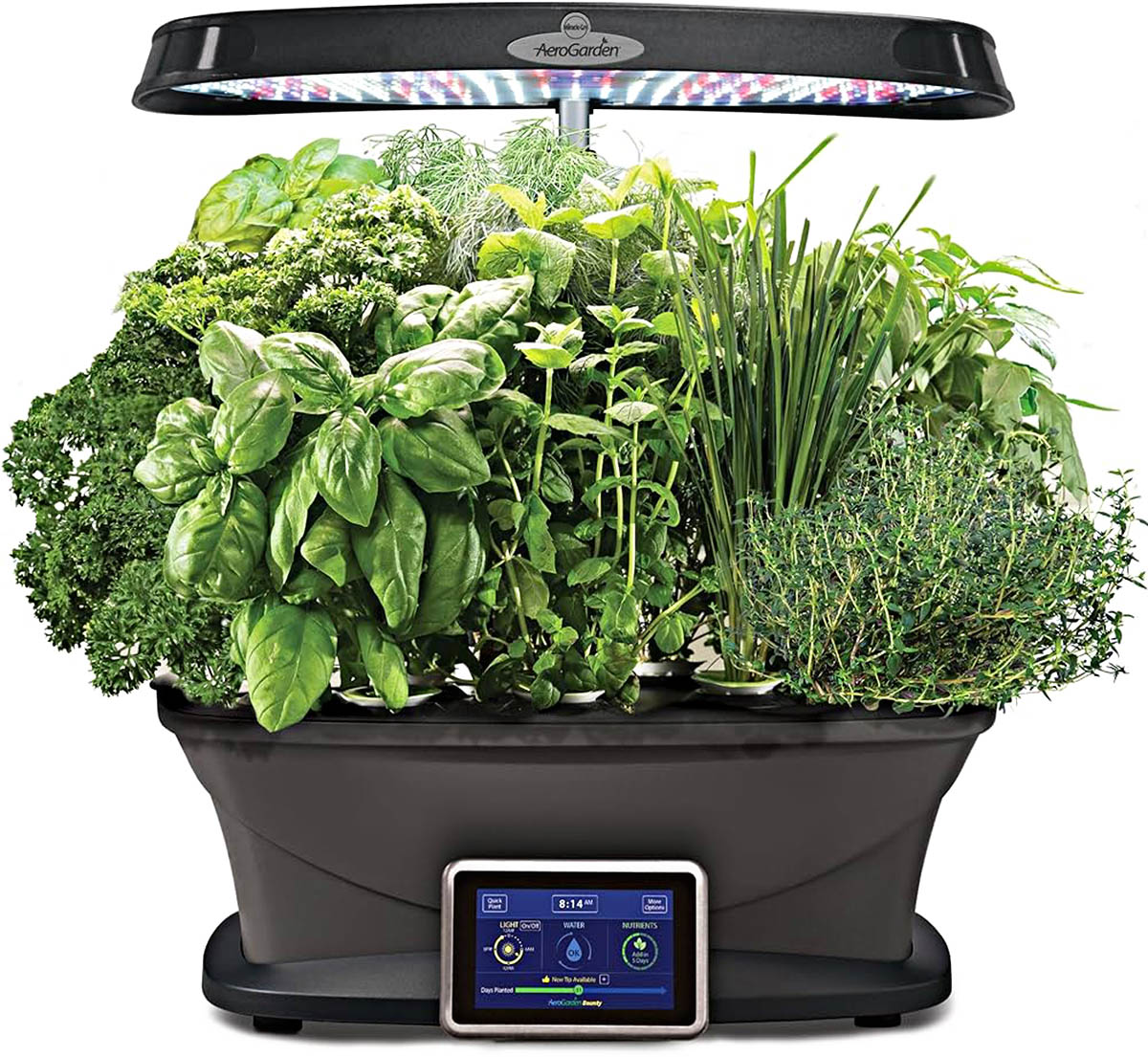
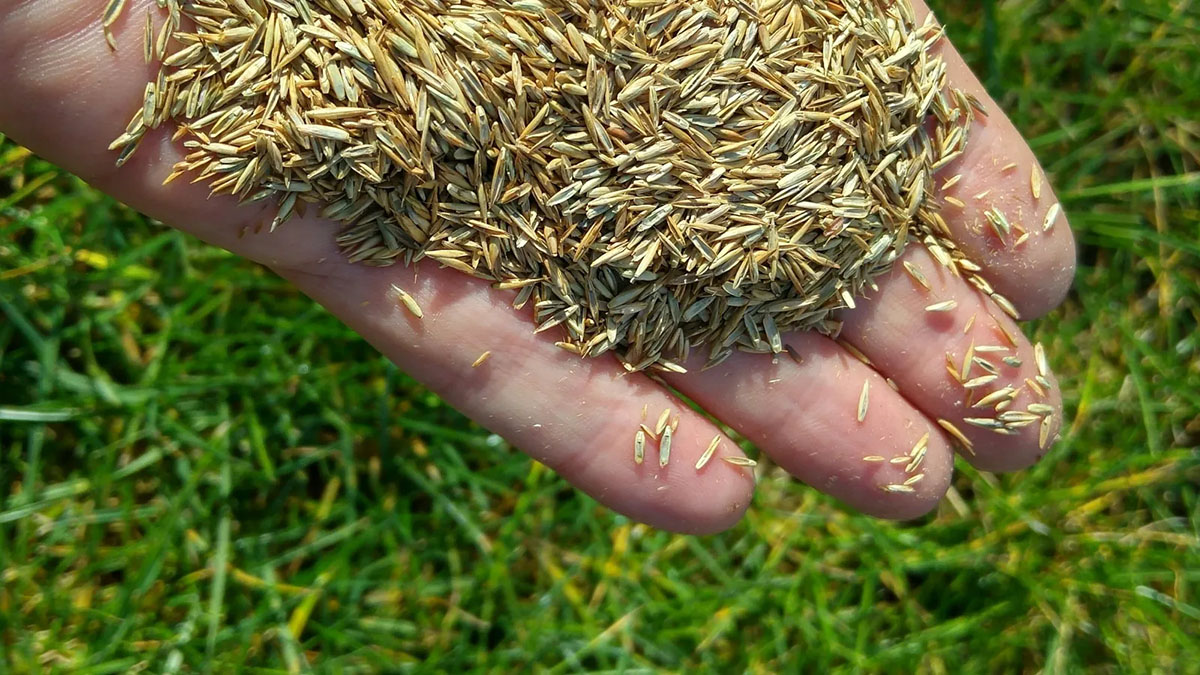
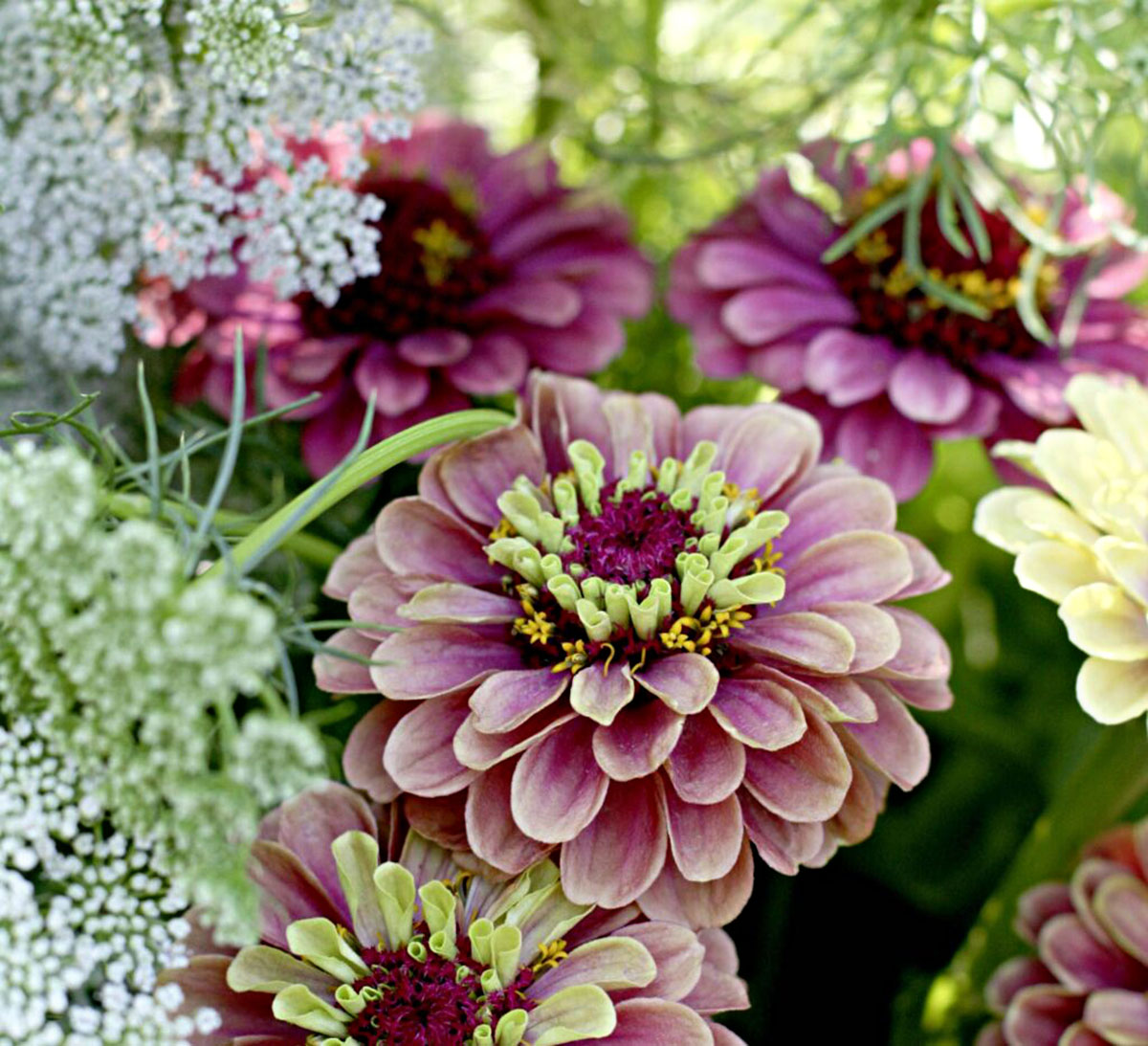
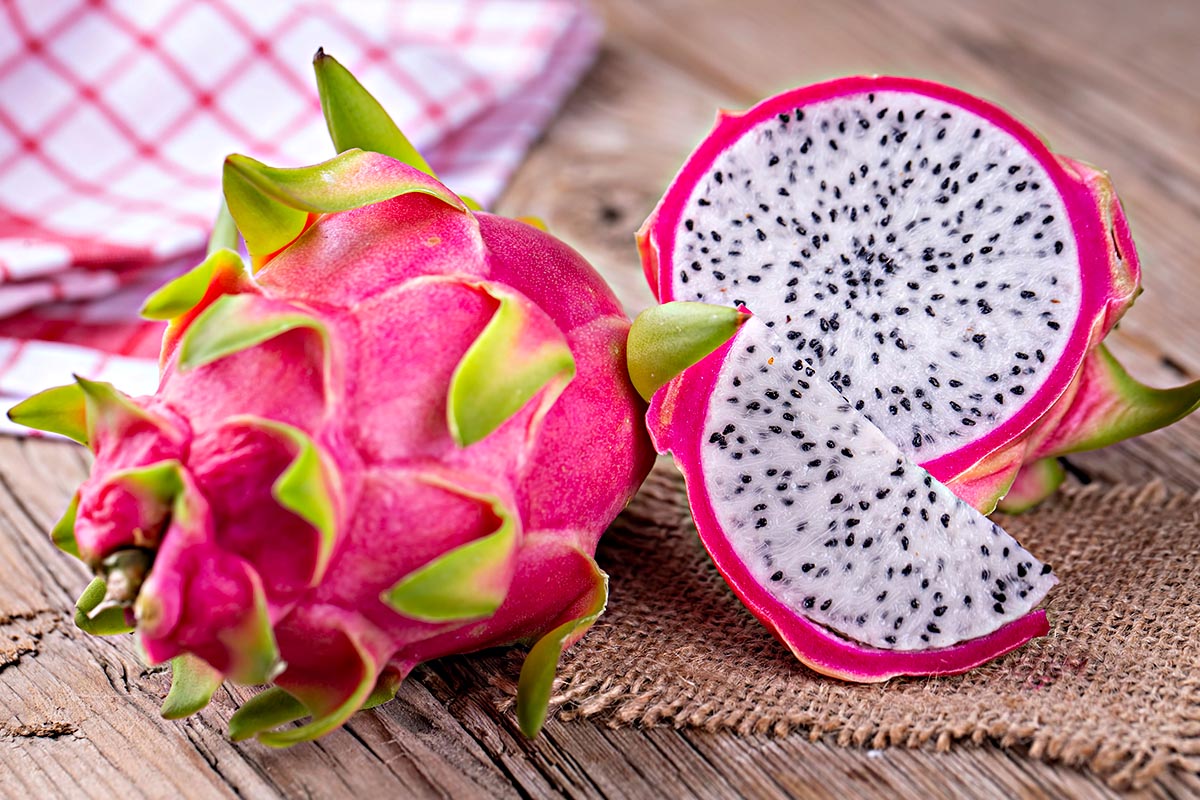
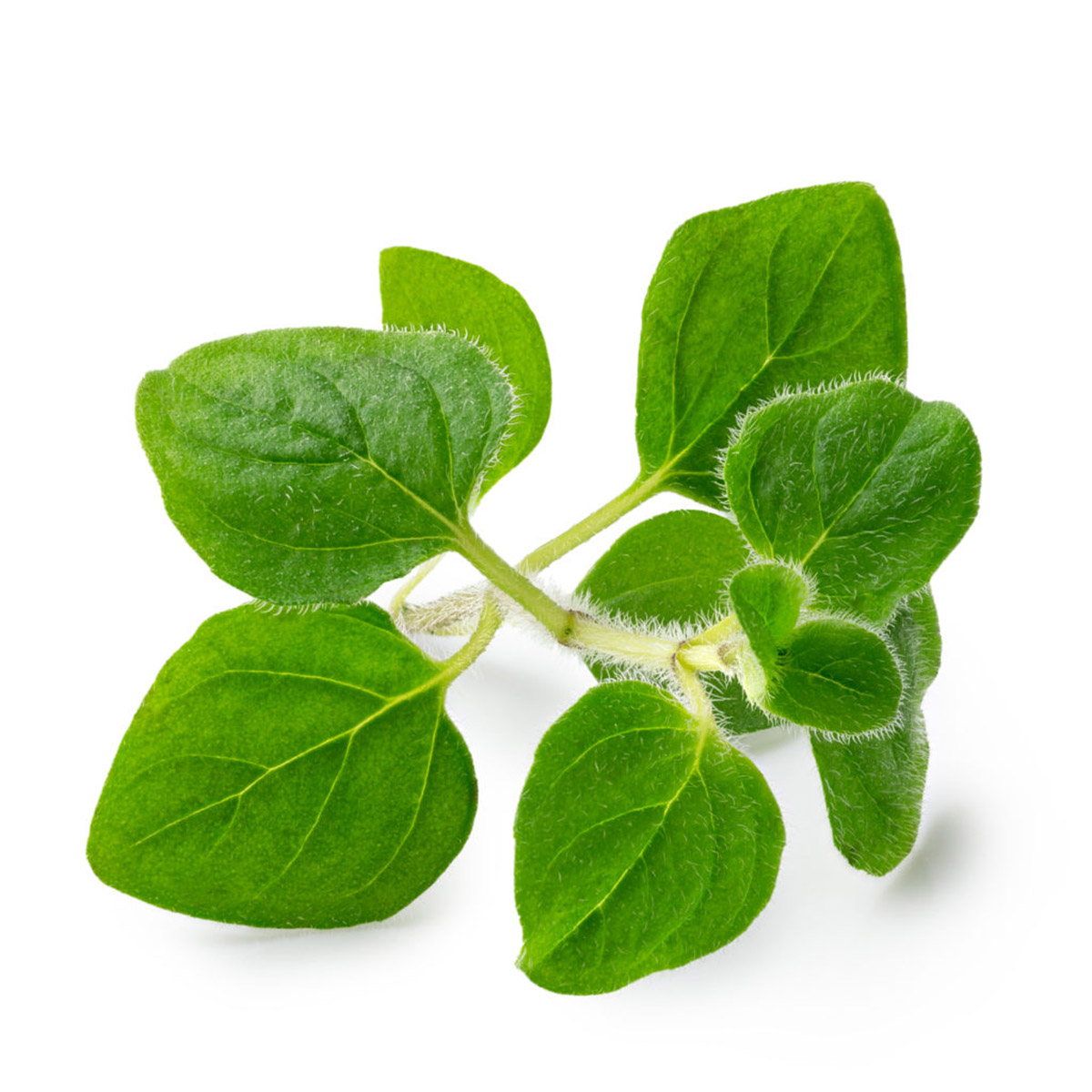
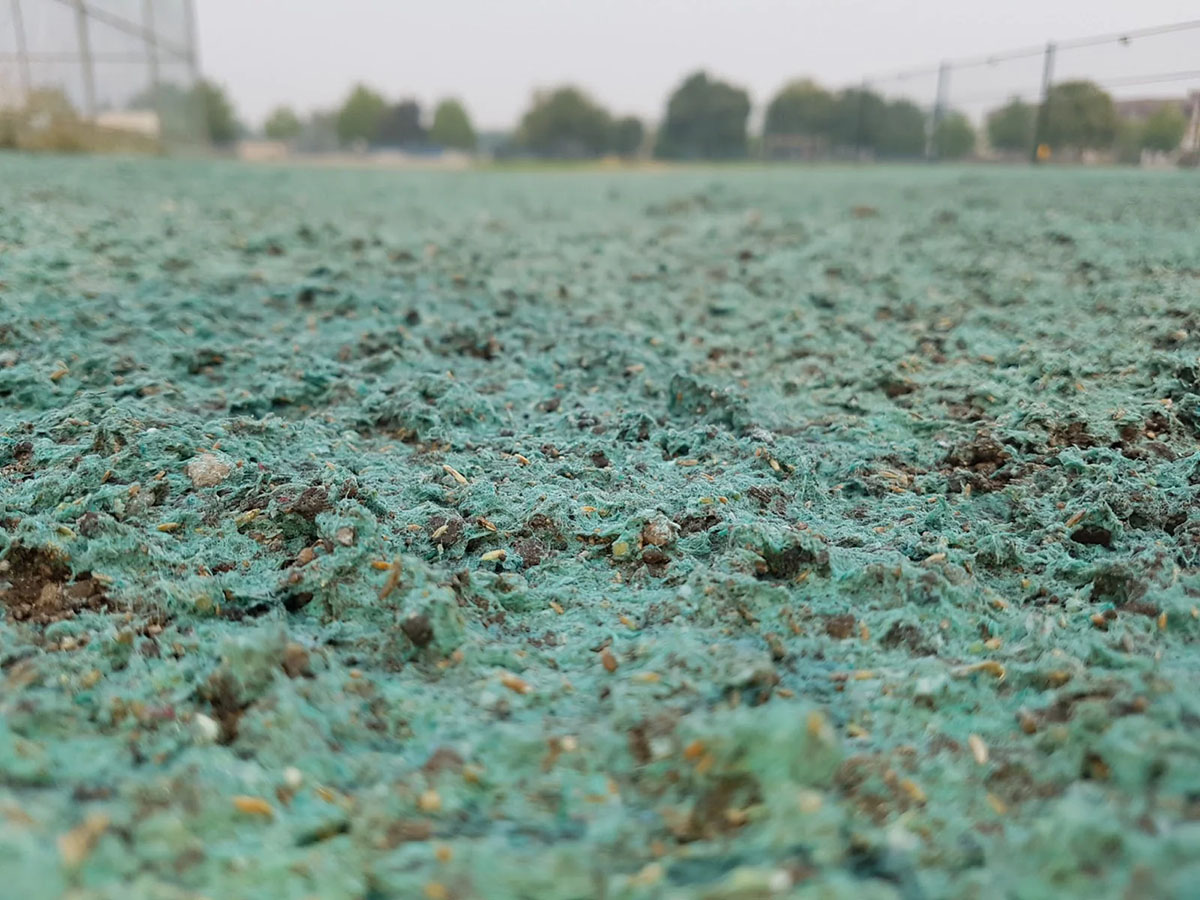
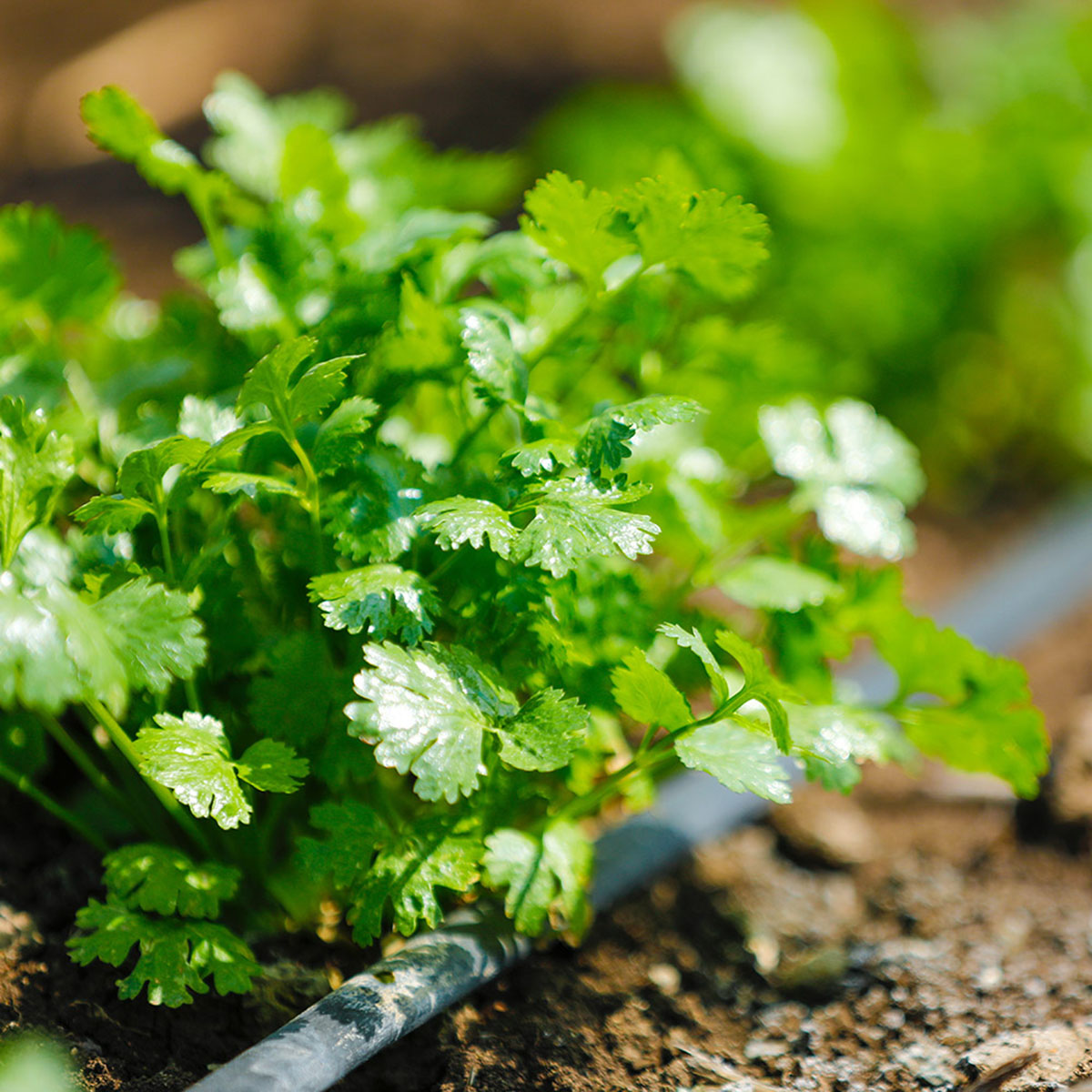
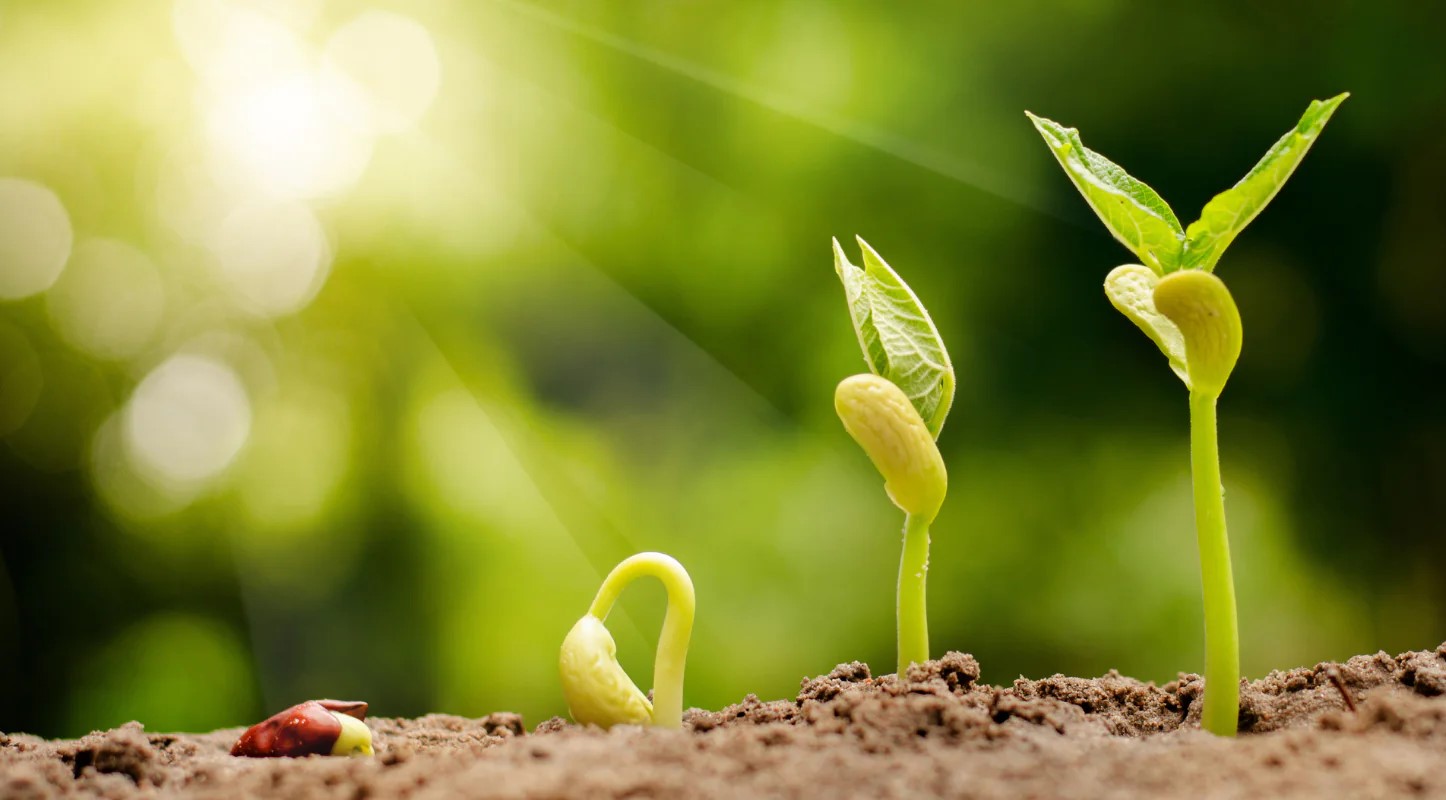
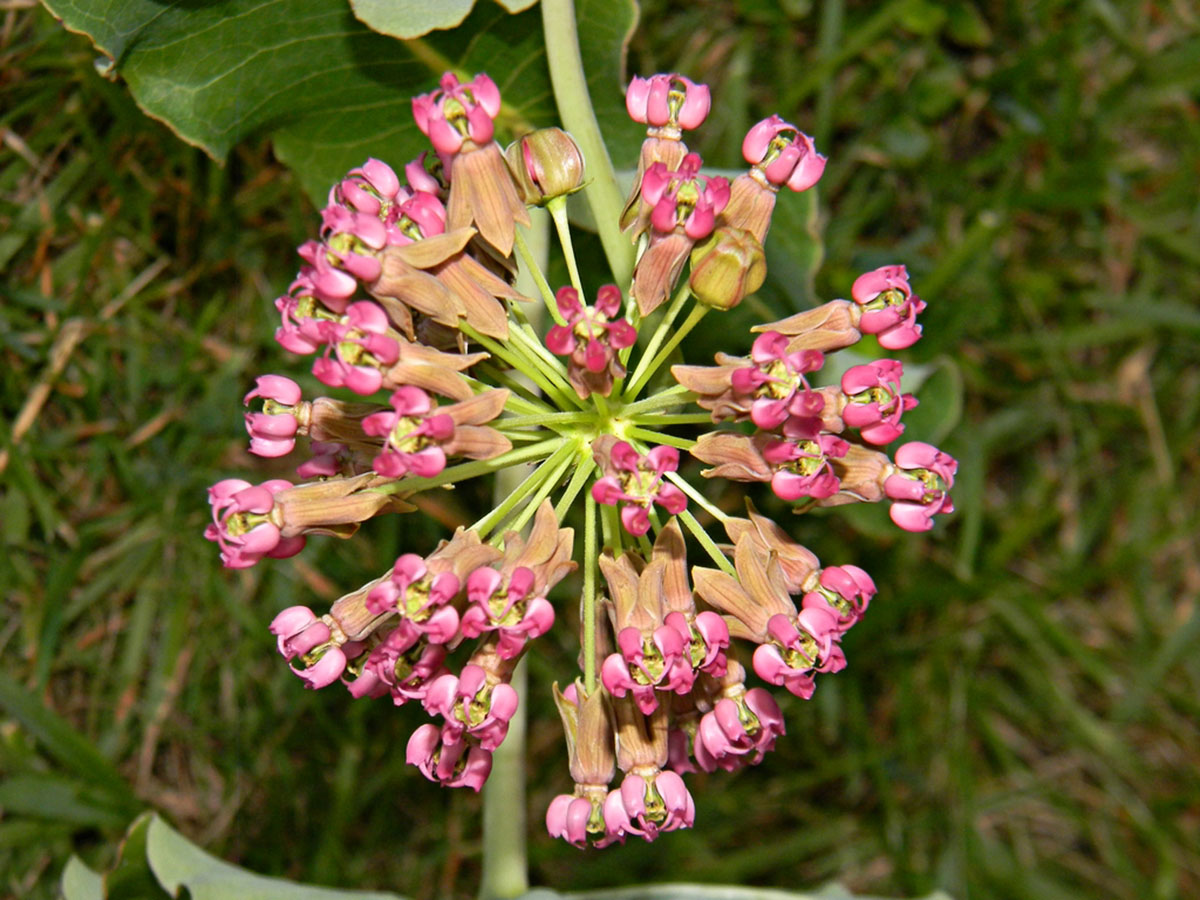
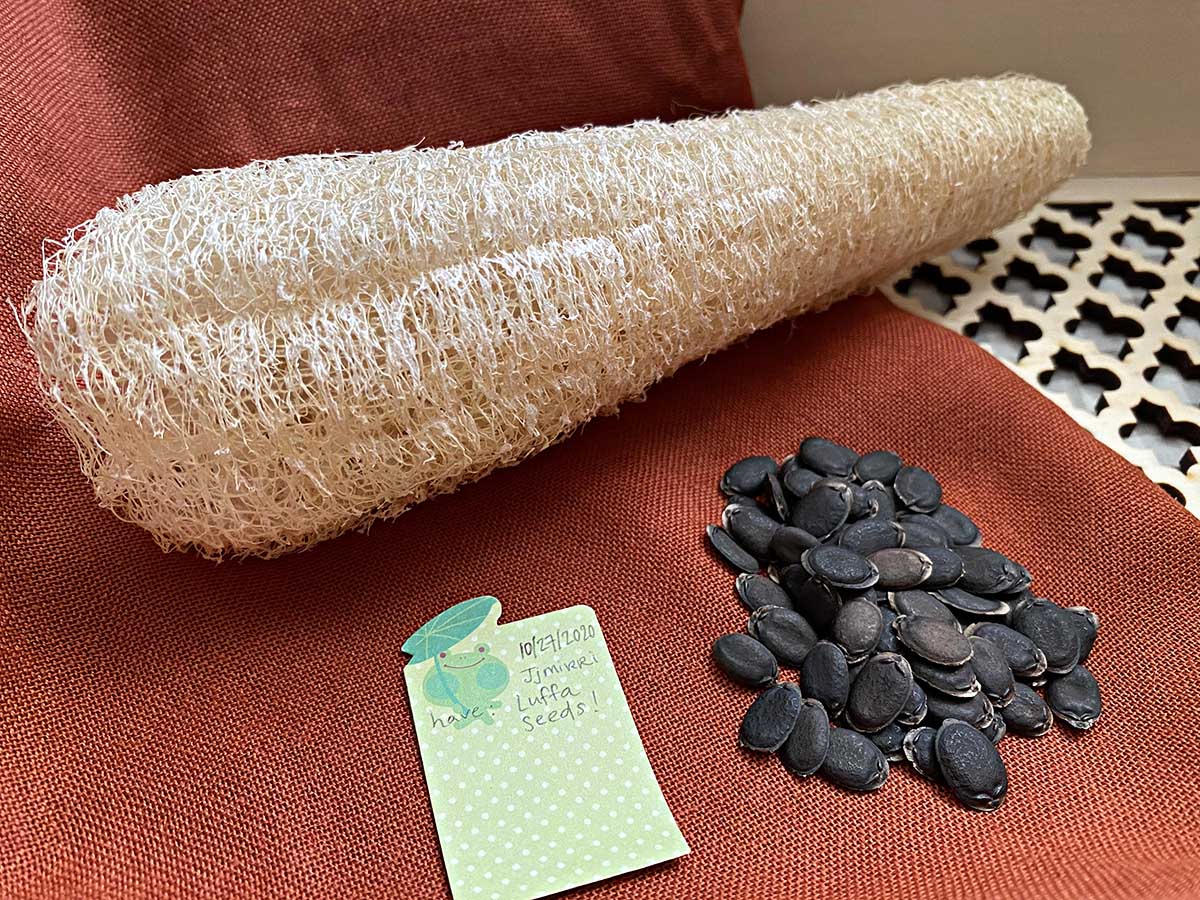
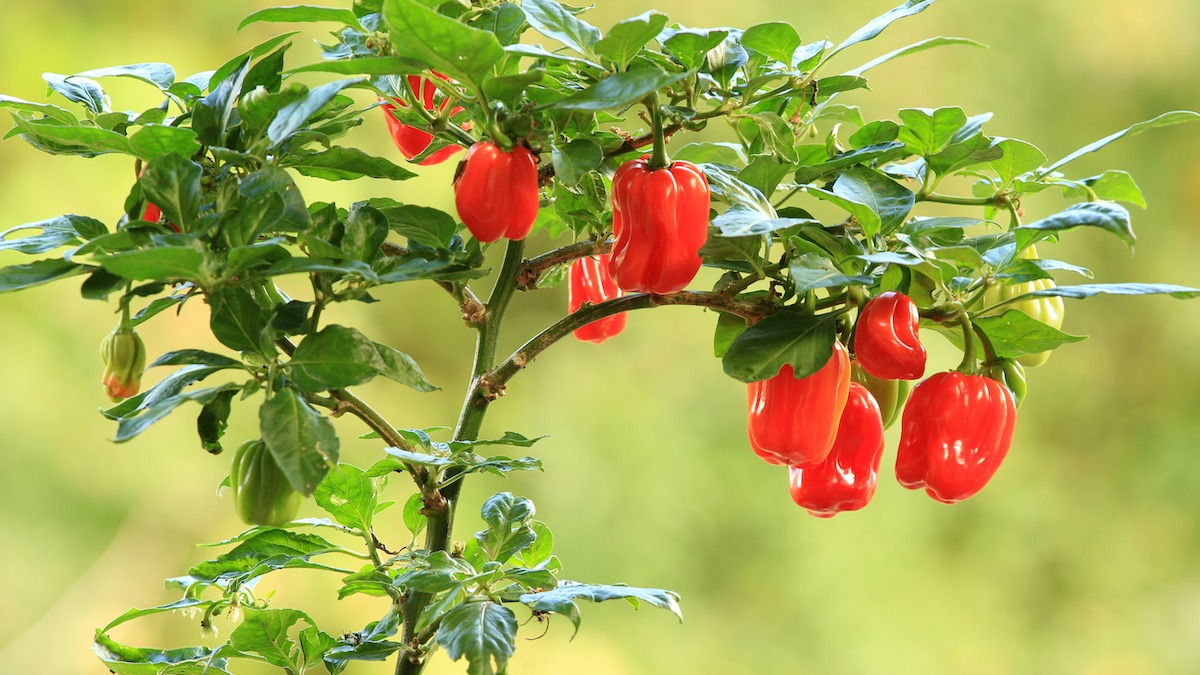
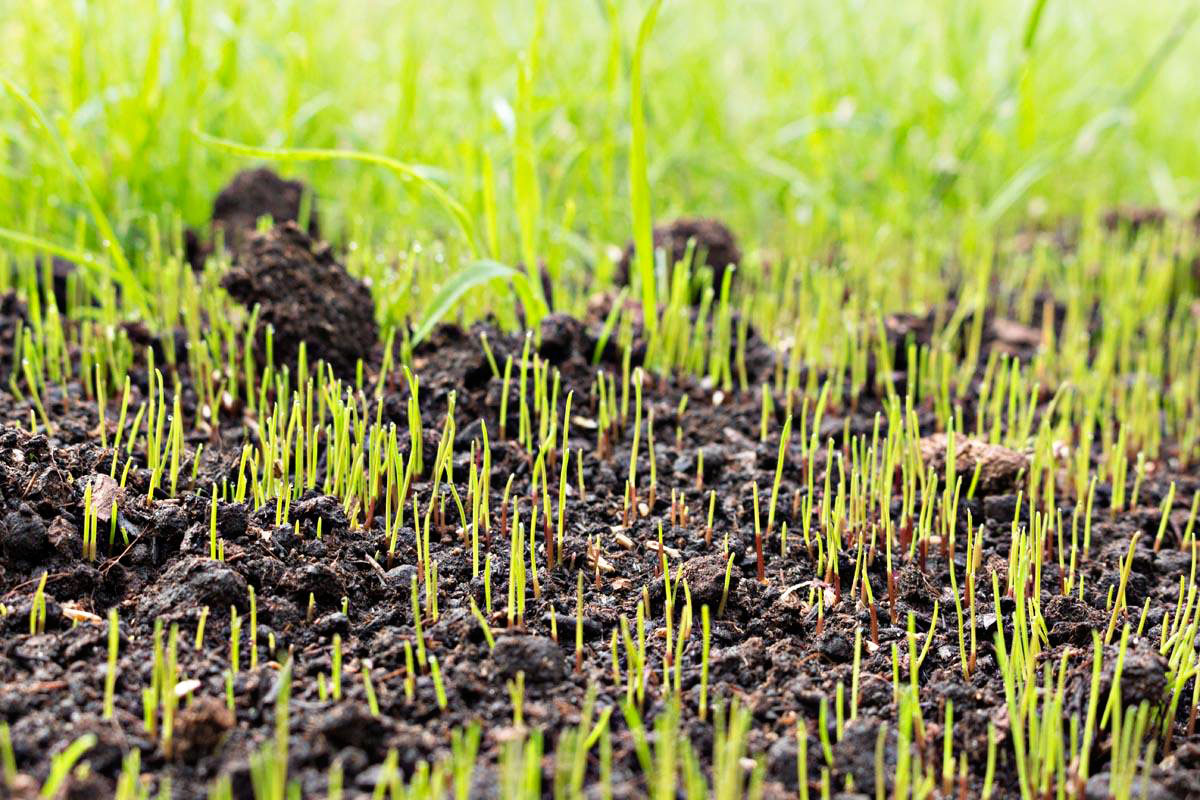
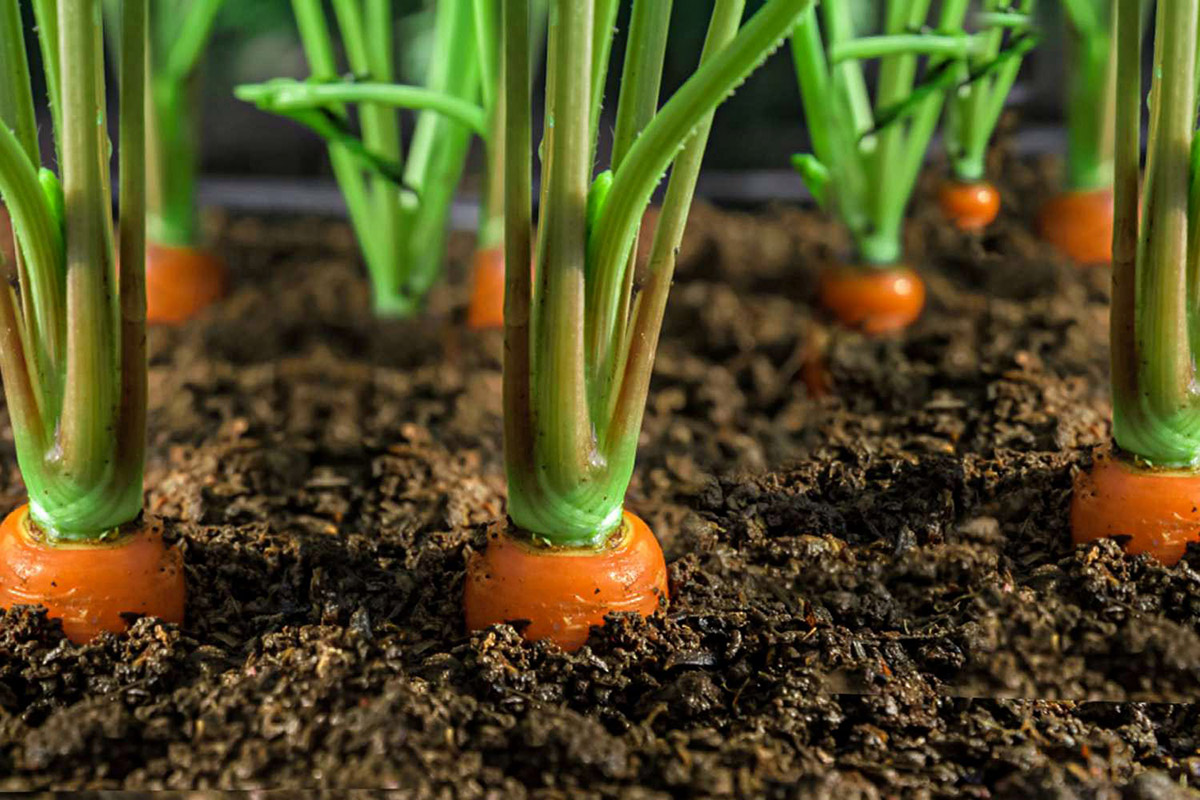
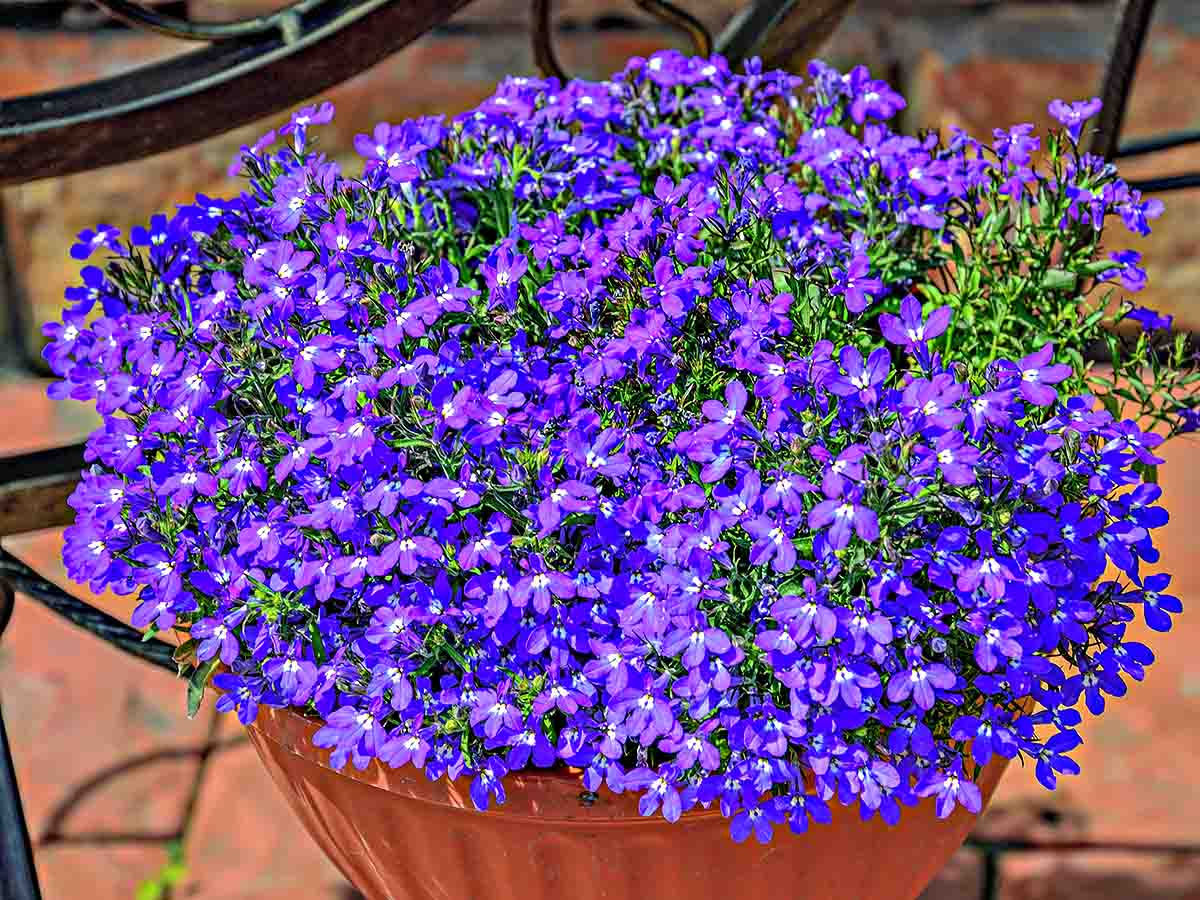

0 thoughts on “How Long For Delphinium To Germinate”